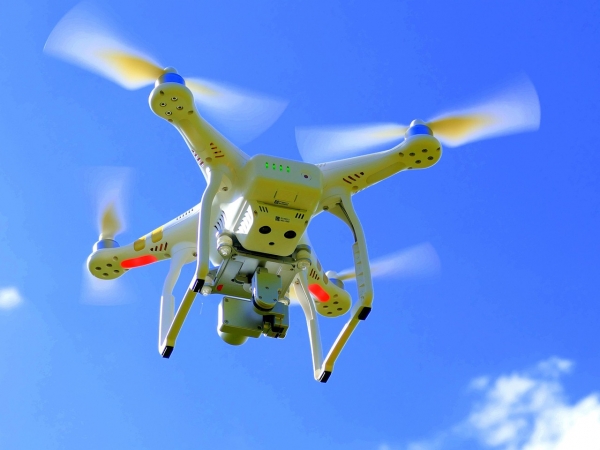Porous land such as foliage significantly lowers noise made by drones and air taxis which could reduce disturbances for urban communities as Urban Air Mobility (UAM) grows.
Porous land such as foliage significantly lowers noise made by drones and air taxis which could reduce disturbances for urban communities as Urban Air Mobility (UAM) grows.
The findings, published today in Nature Scientific Reports, show, for the first time, how porous ground treatments can mitigate noise and optimise propellor performance.
Lead author Dr Hasan Kamliya Jawahar from the University of Bristol’s aeroacoustic group managed by Professor Mahdi Azarpeyvand was able to demonstrate that porous ground treatments, can significantly reduce noise by up to 30 dB in low-mid frequencies and enhance thrust and power coefficients compared to solid ground surfaces. This suggests that treating roofs of building, landing pads and vertiports with porous surfaces like grass or mosses will reduce noise when drone is landing.
Dr Kamliya Jawahar based in Bristol’s Faculty of Science and Engineering explained: “It was known that ground effects influence propeller performance and noise, particularly during take-off and landing.
“While noise issues are well-documented, solutions tailored to urban environments are limited.
Read more at University of Bristol
Photo Credit: Harald_Landsrath via Pixabay




